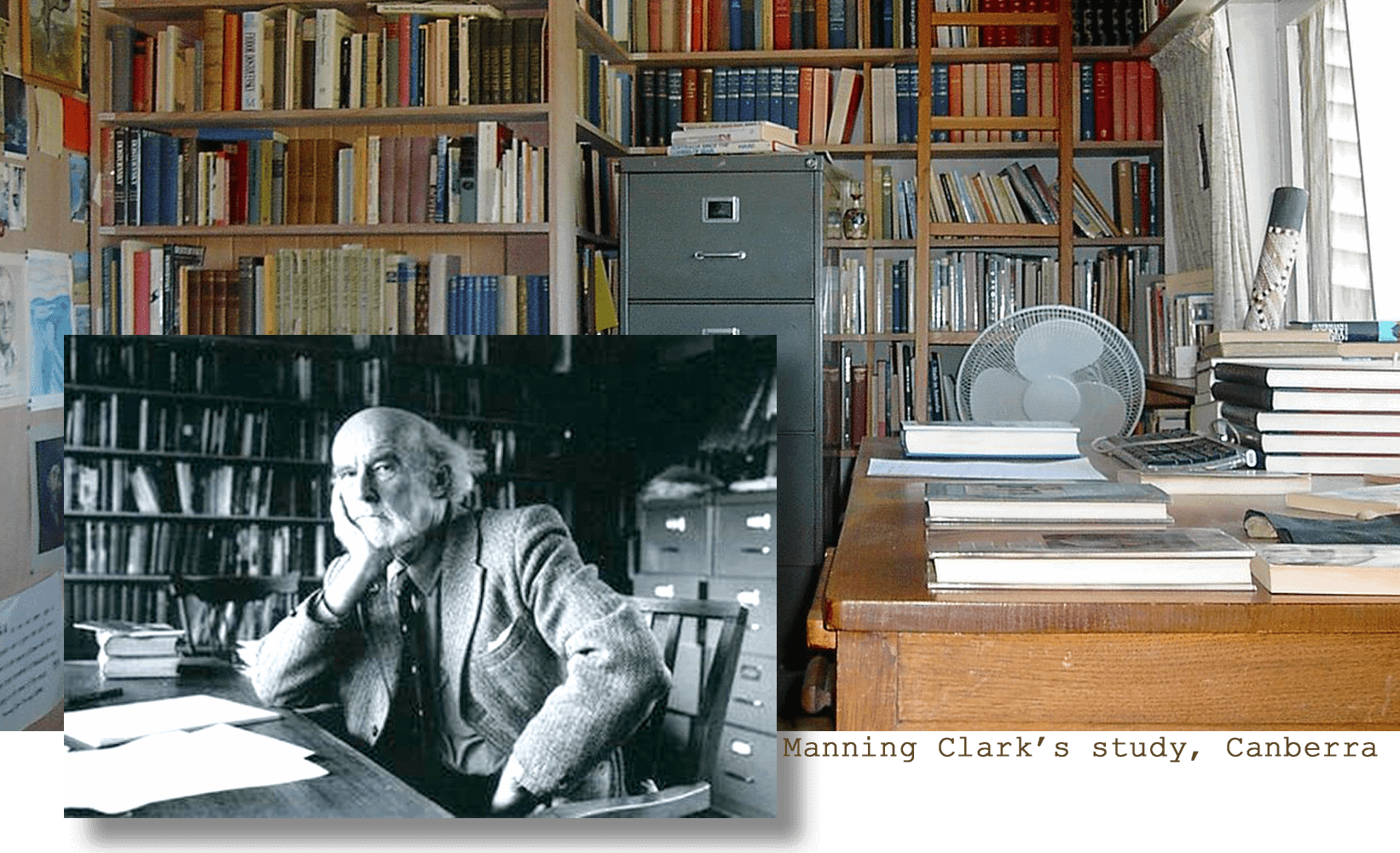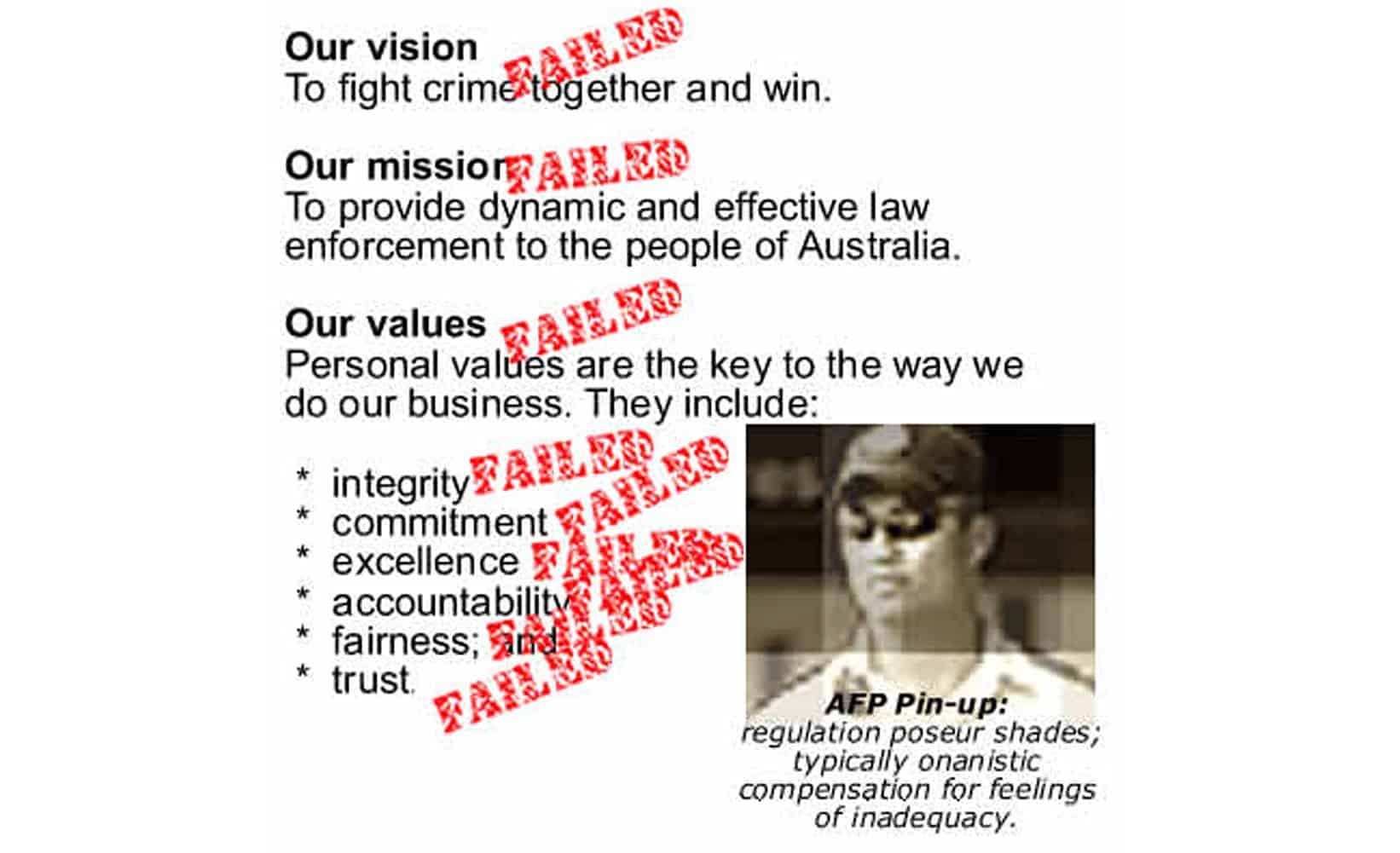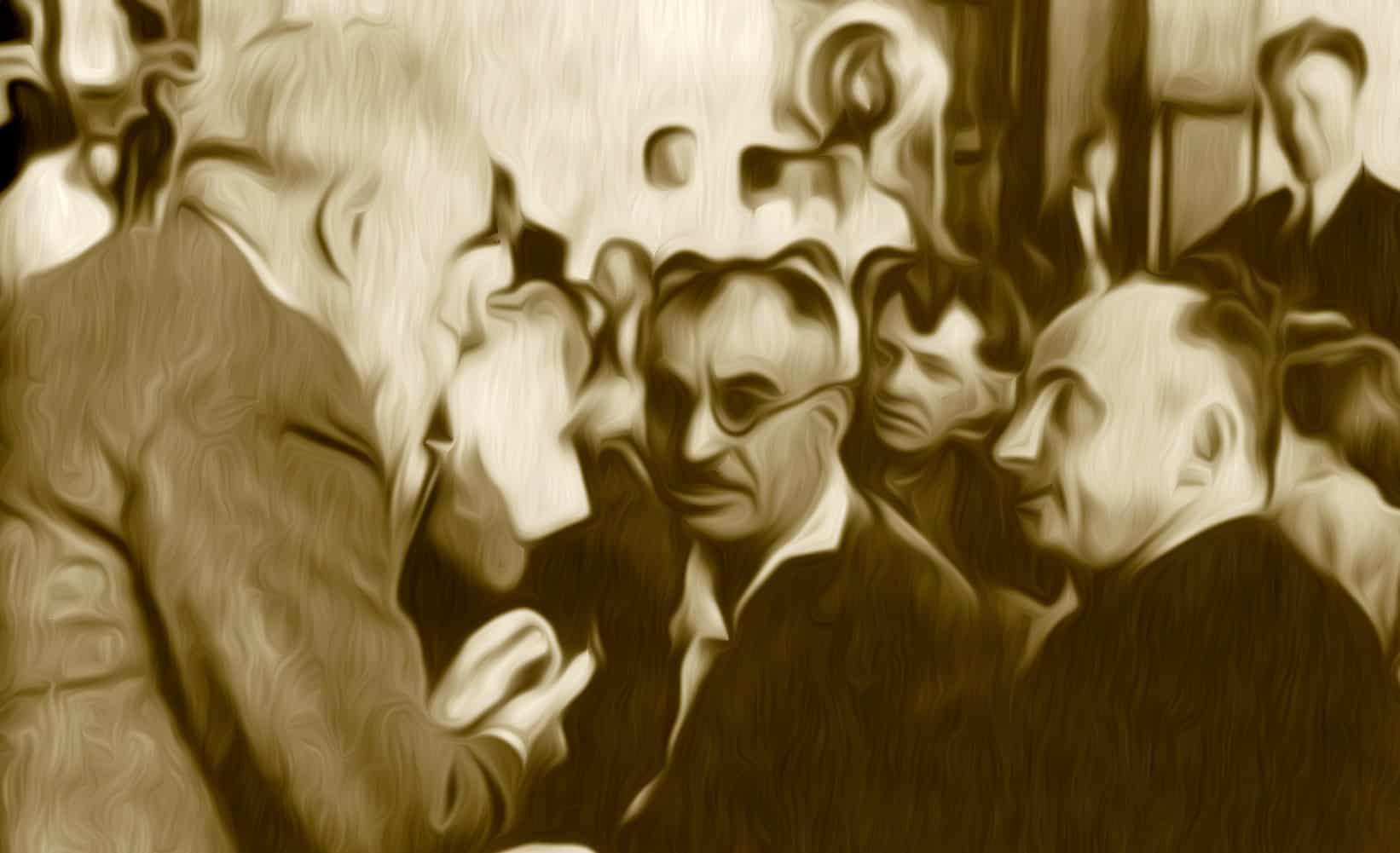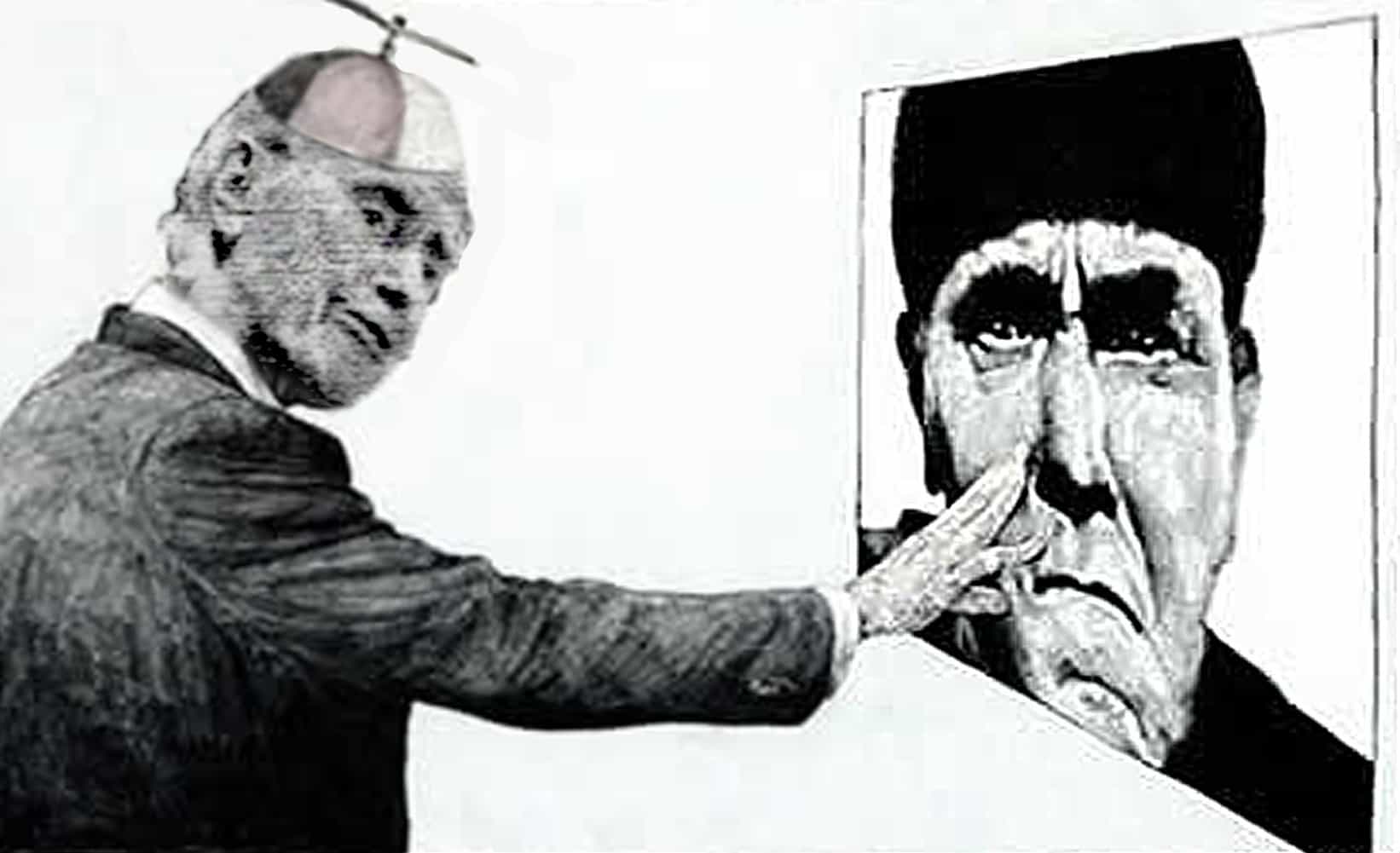Not a Civil Society Just Yet
Not a Civil Society Just Yet

We have a new hero at Values Australia (no, not Manning Clark).
His name is Julian Burnside QC. Not that we didn’t respect him before and agree with him and all like that. But, well…see it’s like this:
We got an mp3 player, for the train or whatever, and to fill it up we scoured ABC Radio National for podcasts.
Science Show, All in the Mind, Philosopher’s Zone, By Design, Ockham’s Razor.
You know the stuff. And of course there’s Big Ideas.
So we downloaded a likely lump about a Manning Clark Lecture:
“Citizens’ rights and the rule of law in a civil society: not just yet”.
It was by Julian Burnside, on the 10th of March this year.
Thought it might be a bit dry but we were so wrong about that!.
We were astonished.
He covers everything we had been trying to say but with such authority and knowledge. So we recommend you have a listen, too.
In his lecture he covered the Sorry statement and the appalling case of an aboriginal man called Bruce Trevorrow.
In the end we were far more inclined to agree with Burnside that some sort of compensation for the stolen generations is appropriate, rather than just the more nebulous idea of an improvement of aborigines’ lot, generally, over time.
“ In the first sitting of the new parliament, the Government said ‘sorry’ to the stolen generations. It seemed almost too good to be true: the apology so many had waited so long to hear. And it was astonishing and uplifting to hear some of the noblest and most dignified sentiments ever uttered in that place on the hill.
[ … ]
The apology was significant not only for marking a significant step in the process of reconciling ourselves with our past: it cast a new light on the former government. It set a new tone. And I think it reminded us of something we had lost: a sense of decency.
Most of the worst aspects of the Howard years can be explained by the lack of decency which infected their approach to government:
they could not acknowledge the wrong that was done to the stolen generations;
they failed to help David Hicks
when it was a moral imperative – they waited until his rescue became a political imperative;
they never quite understood the wickedness of imprisoning children who were fleeing persecution;
they abandoned ministerial responsibility;
they attacked the courts scandalously but unblushing;
they argued for the right to detain innocent people for life;
they introduced laws which prevent fair trials;
they bribed the impoverished Republic of Nauru to warehouse refugees for us.
It seemed that they did not understand just how badly they were behaving, or perhaps they just did not care.
He also spoke about the rule of law, incommunicado detention, control orders and preventative detention, the right of the State (and its secret agencies) to withhold evidence, civil rights, erosion of rights, a Bill of Rights and more.
His lecture went further than the ABC podcast includes. Nevertheless the podcast is excellent.
Here’s a transcript of part of his speech which is on the podcast:
“ In 2005 further anti-terror legislation was introduced. The Commonwealth Criminal Code was amended to provide that a member of the Federal Police may apply for a preventative detention order in relation to a person. A preventative detention order will result in a person being jailed for up to 14 days in circumstances where they have not been charged with, much less convicted of, any offence. The order is obtained in the absence of the person concerned, and authorises that the person be taken into custody. When the person is taken into custody, they must not be told the evidence on which the order was obtained.
Thus, a preventative detention order can be made not only without a trial of any sort, but in circumstances where the subject of the order will not be allowed to know the evidence which was used to secure the order, even after the event.
We believe that few Australians are aware of just how far John Howard and his morally-neutered hired guns like Ruddock, Andrews, Vanstone and Mick Keelty went, in the name of “security” to tear down their legal rights and liberties.
Australians generally, we think, are unclear how little of what they believe they have they really have left. Perhaps, as Burnside suggests, they don’t want to know, as long as they’re doing all right and it’s not affecting them. But of course it does affect them and it will.
Habeas corpus is dead and stinking not only in the US but now here in Australia as well. Dwight D. Eisenhower must be rolling in his grave over what John Yoo and Alberto Gonzalez, with Dick Cheney and George Bush and the supine American Senate, did to habeas corpus in the US:
Here are Ike’s Remarks Upon Receiving the America’s Democratic Legacy Award at B’nai B’rith:
“ Why are we proud?
We are proud, first of all, because from the beginning of this Nation, a man can walk upright, no matter who he is, or who she is. He can walk upright and meet his friend – or his enemy; and he does not fear that because that enemy may be in a position of great power that he can be suddenly thrown in jail to rot there without charges and with no recourse to justice. We have the habeas corpus Act, and we respect it.”
With this lecture Julian Burnside — for standing up and saying what is so — has for us moved from “respected” to “hero”.
Here is the recording of Burnside’s Manning Clark Lecture from ABC’s Big Ideas:
Not Just Yet





